Education Opportunities for All

Our moral response
In Matthew 10:42, Jesus teaches us how we are to respond to Him and extend mercy to others. “Whoever gives only a cup of cold water to one of these little ones to drink because the little one is a disciple—amen, I say to you, he will surely not lose his reward."
The Opportunity Scholarships Act
God made parents the chief educators of their children, and He desires for us to help those on the margin. The Opportunity Scholarships Act, LB753, enacted in 2023 provides education freedom to many Nebraska families who can't afford the best school setting for their child.

What's happening?
A petition effort by Support Our Schools seeks to undo The Opportunity Scholarships Act. If the petitioners receive enough signatures by the end of August, they can subject the law to a ballot referendum in fall of 2024 and can block the law from taking effect - preventing children in need from receiving scholarships.
Reasons Not to Sign the Petition
Who it serves
The Opportunity Scholarship Program prioritizes students in families at 100% of the poverty level, as well as students with “exceptional needs,” who have experienced bullying, in the foster system, in military families, or have been denied option enrollment by public schools.
How it works
LB753 allows income tax credits to incentivize donations to scholarship granting organizations (SGOs). The program provides a state income tax credit for donations to SGOs. Donations are made to SGOs, which then award scholarships to eligible children.
Reasons Not to Sign the Petition
Archbishop George Lucas on Importance of Opportunity Scholarships
Frequently Asked Questions
More children will have the opportunity to attend a school best suited for their educational needs. There are nearly 21,000 school-age children living in poverty in the 23 counties comprising the Archdiocese of Omaha, according to the U.S. Census Bureau. Opportunity Scholarships will offer even more of them a chance to attend a Catholic School if that is the best choice for their family.




